The Pros and Cons of Using Mouthwash for Oral Health
Mouthwash, a liquid oral hygiene product commonly found on bathroom shelves, has gained popularity for its potential benefits in maintaining oral health. However, as with any product, there are factors to consider before making it a part of your daily routine. In this blog, we’ll delve into the pros, cons, and considerations surrounding mouthwash use to help you make an informed decision.
The Benefits of Mouthwash:
- Freshens Breath: Mouthwash often contains antibacterial agents that can help neutralize bad breath caused by bacteria in the mouth. This can provide a quick and convenient solution for maintaining fresh breath throughout the day.
- Cavity Prevention: Some mouthwashes contain fluoride, which can strengthen tooth enamel and help prevent cavities. Fluoride helps to remineralize teeth, making them more resistant to decay.
- Reduces Plaque: Antimicrobial mouthwashes can help reduce the accumulation of plaque on teeth and along the gumline. This can contribute to improved gum health and overall oral hygiene.
- Gum Health: Mouthwashes containing antibacterial agents can also help reduce bacteria that contribute to gum disease. Incorporating mouthwash into your routine may complement regular brushing and flossing for healthier gums.
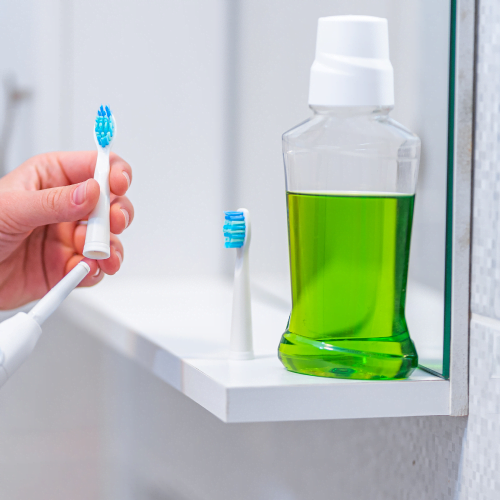
Considerations Before Using Mouthwash:
- Type of Mouthwash: There are different types of mouthwashes available, including cosmetic, therapeutic, and prescription-based. Cosmetic mouthwashes primarily freshen breath, while therapeutic mouthwashes provide specific oral health benefits. Consult your dentist to determine which type is best for your needs.
- Alcohol Content: Many mouthwashes contain alcohol, which can cause dry mouth and discomfort for some individuals. Alcohol-free alternatives are available and may be more suitable, especially for those with sensitive mouths.
- Children and Adolescents: Some mouthwashes, particularly those with strong antimicrobial agents, may not be suitable for young children and adolescents. Consult with a dentist before introducing mouthwash to a child’s routine.
- Individual Needs: The decision to use mouthwash should be based on individual oral health needs. If you have specific concerns, such as gum disease or tooth sensitivity, consult your dentist before incorporating mouthwash.
How to Use Mouthwash Effectively:
- Follow Instructions: Always read and follow the instructions on the mouthwash label. Some mouthwashes require dilution, while others are ready to use.
- Timing Matters: Using mouthwash after brushing and flossing can help maximize its benefits. This allows the active ingredients to reach areas that brushing and flossing might have missed.
- Rinse Duration: Don’t rinse your mouth immediately after using mouthwash. Swish it around your mouth for the recommended time to allow the active ingredients to work effectively.
Conclusion:
While mouthwash can be a valuable addition to your oral hygiene routine, it’s essential to make an informed decision based on your specific needs and considerations. Regular brushing, flossing, and professional dental care remain fundamental to maintaining good oral health. Consulting your dentist will help you determine if mouthwash is right for you and which type is most suitable. Remember, a healthy smile begins with a comprehensive approach to oral care.

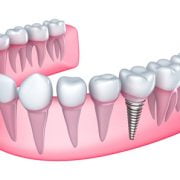
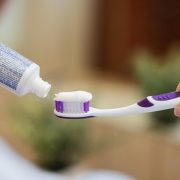
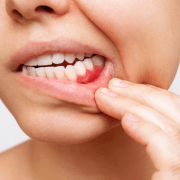
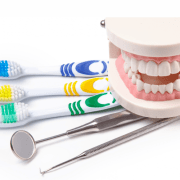
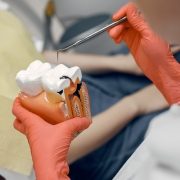

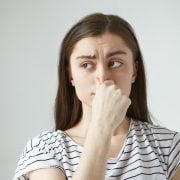
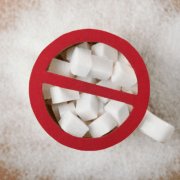


Leave a Reply
Want to join the discussion?Feel free to contribute!